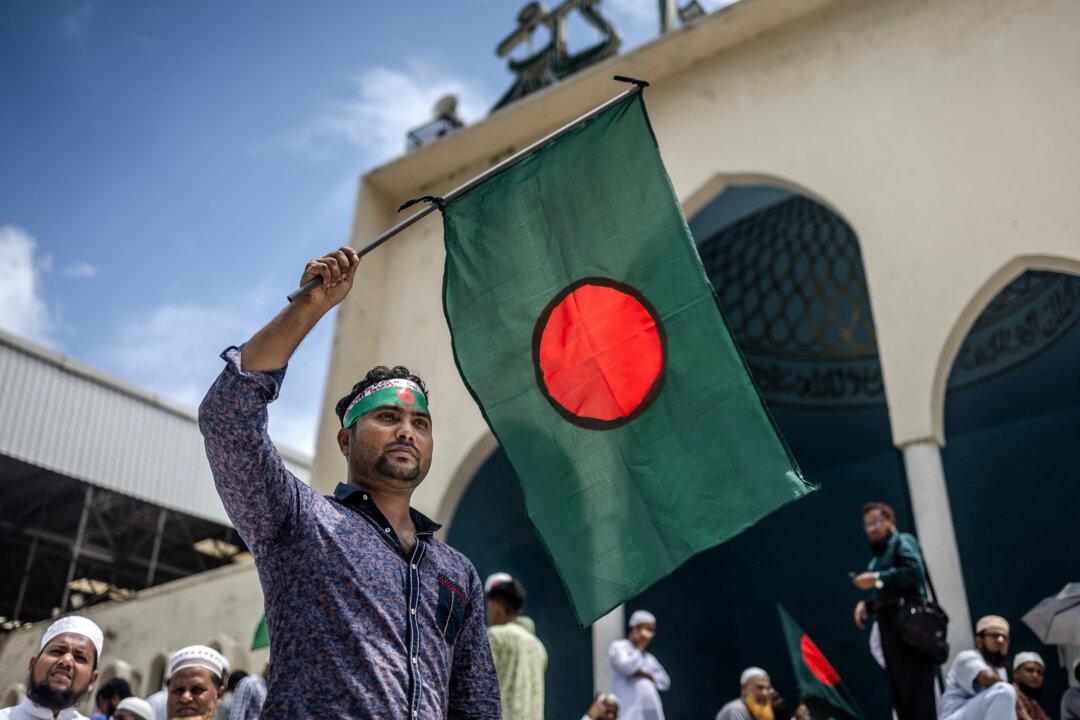Bangladesh, a South Asian nation born just five decades ago, has witnessed massive public unrest and violence in the past few weeks. The political upheaval, which left more than 440 people dead and saw Prime Minister Sheikh Hasina fleeing the country, has significantly affected the geopolitical situation and contributed to new security threats in the Indo-Pacific and beyond, according to South Asia experts.
“The situation in Bangladesh will complicate the security situation in the Bay of Bengal region,” said Akhil Ramesh, director of the India Program at the Honolulu-based Pacific Forum. “The instability could have spillover effects to the broader Indian Ocean, affecting not just Indian interests but Western interests at large as well.”





